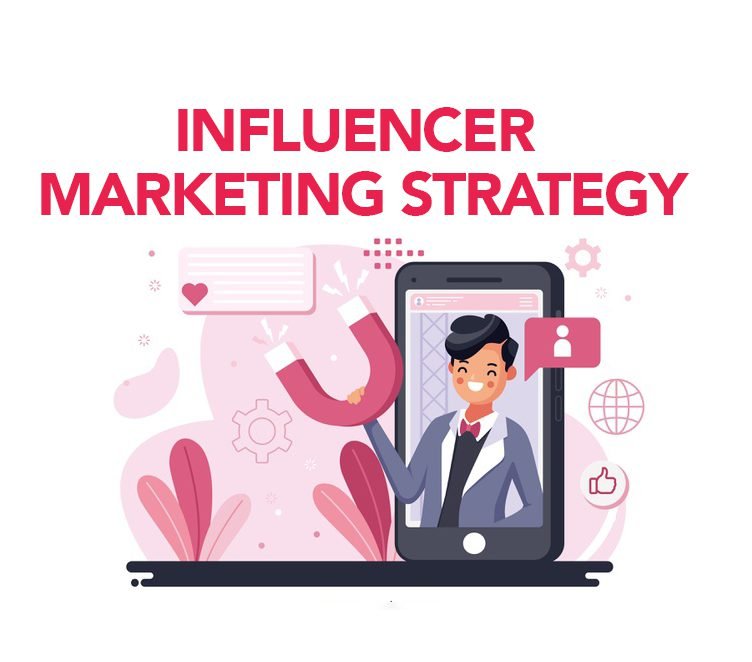
Influencer Marketing
Influencer Marketing is a dynamic digital marketing strategy that leverages the influence and reach of individuals with a substantial and engaged following on social media platforms or other online channels. Through collaborations with influencers, brands can tap into their credibility, authenticity, and rapport with their audience to promote products or services in a more relatable and impactful way.
Key Elements of Influencer Marketing:
-
Identifying Influencers: Brands carefully select influencers whose values, content, and audience align with their target market. Influencers can be found across various platforms such as Instagram, YouTube, TikTok, blogs, and more.
-
Authenticity and Trust: Influencer marketing thrives on the trust that influencers have cultivated with their followers. Authenticity is crucial, as audiences are more likely to respond positively to genuine recommendations and content.
-
Collaboration and Partnerships: Brands collaborate with influencers through various types of partnerships, including sponsored posts, product placements, brand ambassadorships, and more. These collaborations aim to seamlessly integrate the brand into the influencer's content.
-
Content Creation: Influencers create content that showcases the brand or product in a way that resonates with their audience. This content can take the form of reviews, tutorials, unboxings, or lifestyle imagery, depending on the influencer's style and platform.
-
Reach and Engagement: Influencers often have a broad and engaged audience, allowing brands to extend their reach to a targeted demographic. The high engagement levels of influencers' followers contribute to the effectiveness of the marketing strategy.
-
Measurable Impact: Brands use analytics and key performance indicators (KPIs) to measure the impact of influencer campaigns. Metrics may include reach, engagement rates, click-through rates, and ultimately, the conversion of followers into customers.
-
Micro-Influencers and Macro-Influencers: Influencers come in various sizes, from micro-influencers with a smaller but highly engaged audience to macro-influencers with a larger following. Brands choose influencers based on their campaign goals and target audience.
-
Campaign Creativity: Successful influencer marketing campaigns often involve creative and innovative approaches to capture the audience's attention. Unique and memorable campaigns contribute to increased brand visibility and recognition.
-
Legal and Ethical Considerations: Brands and influencers must adhere to legal and ethical guidelines, such as disclosing sponsored content to maintain transparency with the audience. Compliance with regulations helps build trust and credibility.
Influencer marketing has become a cornerstone of modern digital marketing strategies, providing brands with an authentic and influential voice to connect with consumers in a more personalized way. When executed thoughtfully, influencer marketing can foster genuine connections between brands and their target audience, driving brand awareness and engagement.
